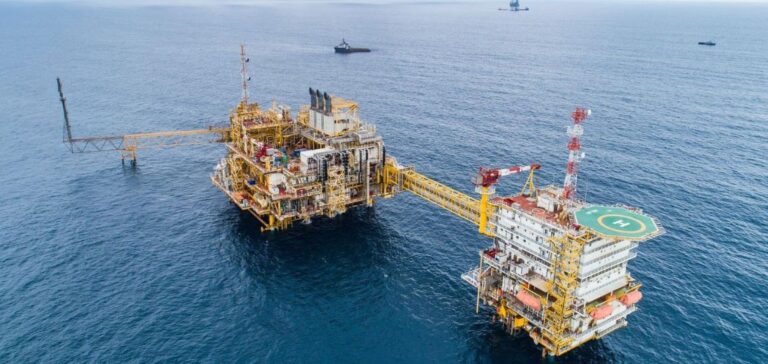Nigerian regulators recently approved agreements for the sale of oil assets by Eni and Equinor. These agreements enable local players Oando and Chappal Energies to acquire strategic oil assets, strengthening the position of Nigerian companies in the country’s energy sector. In fact, Oando plans to double its production with the acquisition of Eni.
The head of the Nigerian Upstream Petroleum Regulatory Commission, Gbenga Komolafe, has confirmed the approval of the sale by Eni subsidiary Nigerian Agip Oil Company to Oando. This transaction, initially announced for September 2023, had been delayed due to discussions on the right of first refusal exercised by the Nigerian National Petroleum Company (NNPC). With this acquisition, Oando is set to become one of Nigeria’s largest oil producers.
A new era for the Nigerian oil industry
Komolafe also announced the approval of the transaction between Equinor and Chappal Energies, operated via Chappal’s Odinmim project vehicle. The sale includes Equinor’s 53.85% interest in block OML 128, including a 20.21% interest in the Agbami oil field, operated by Chevron.
The approved transactions, which still await final ministerial approval, represent a major turning point for the Nigerian oil sector, with international oil companies increasingly withdrawing in favor of local players.
Challenges and opportunities for local businesses
Nigeria’s oil production, currently falling short of its capacity of over 2 million barrels per day (b/d) due to oil theft, sabotage in the Niger Delta, lack of investment and slow exploration, should benefit from these divestments. In May, the country’s production stood at 1.47 million b/d, according to the Platts OPEC Survey by S&P Global Commodity Insights.
Local oil companies such as Seplat, Oando and Chappal believe they can increase Nigerian production by 200,000 b/d in two years, provided government approvals are accelerated. Seplat, in particular, is poised to increase production to 146,000 barrels of oil equivalent per day (boe/d) following the acquisition of ExxonMobil’s assets, although this transaction faces regulatory and legal hurdles.
Future prospects
The approval of the asset disposals by Eni and Equinor is seen as a positive sign for the Nigerian oil industry. By transferring these assets to local companies, Nigeria hopes to boost domestic production and improve resource management. Oando, for example, plans to double its current production to 50,000 boe/d through the acquisition of Eni’s interests in onshore OMLs 60, 61, 62 and 63, as well as stakes in the Brass terminal and onshore exploration concessions.
This transition could also lead to better management of oil spills and clean-ups, a crucial point raised by regulators. Local companies, while facing significant challenges, express optimism about their ability to revitalize the Nigerian oil sector.
Although complex and time-consuming to finalize, these transactions could mark the beginning of a new era for the Nigerian oil industry, characterized by greater autonomy and more efficient exploitation of the country’s resources.






















